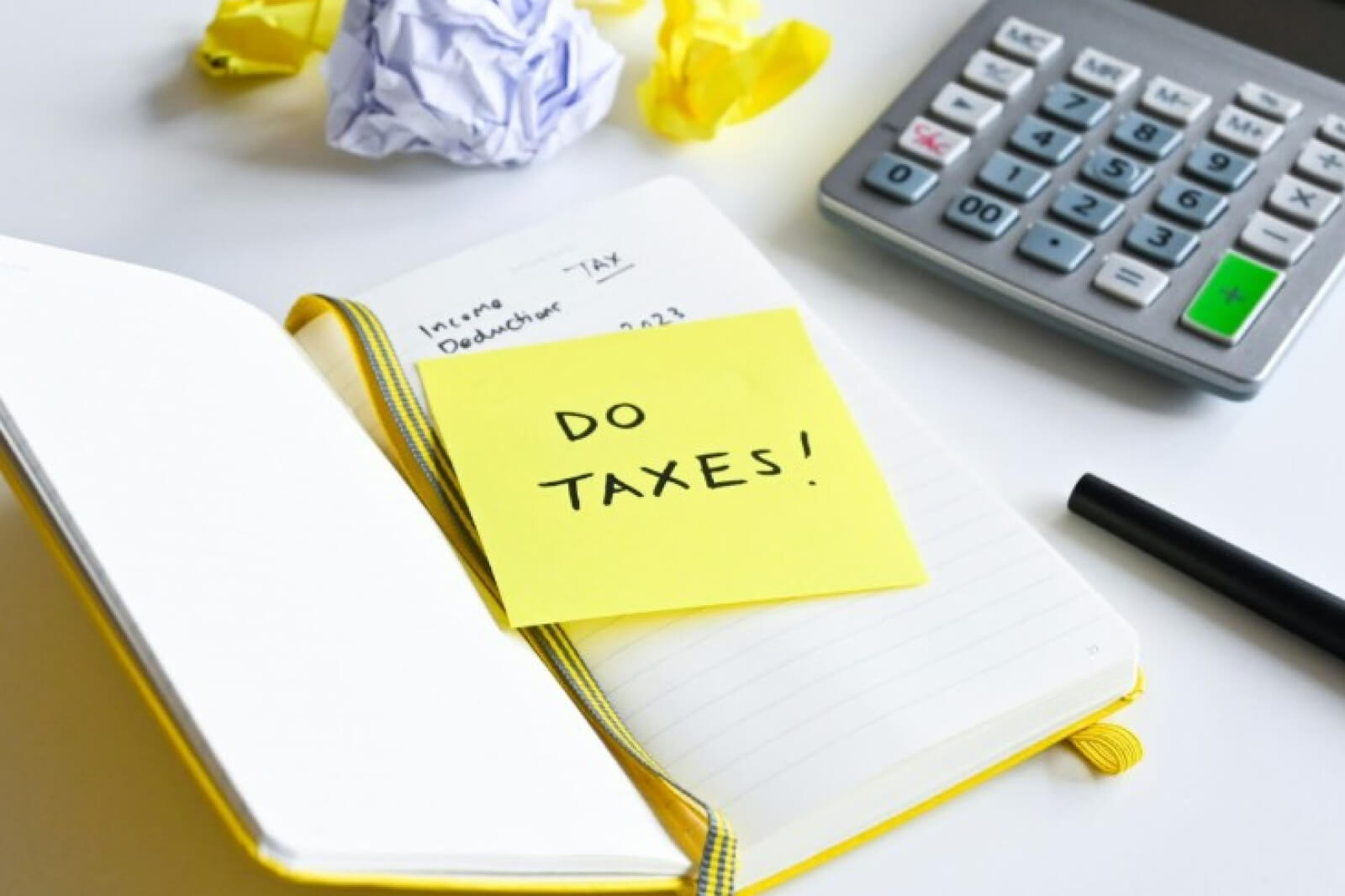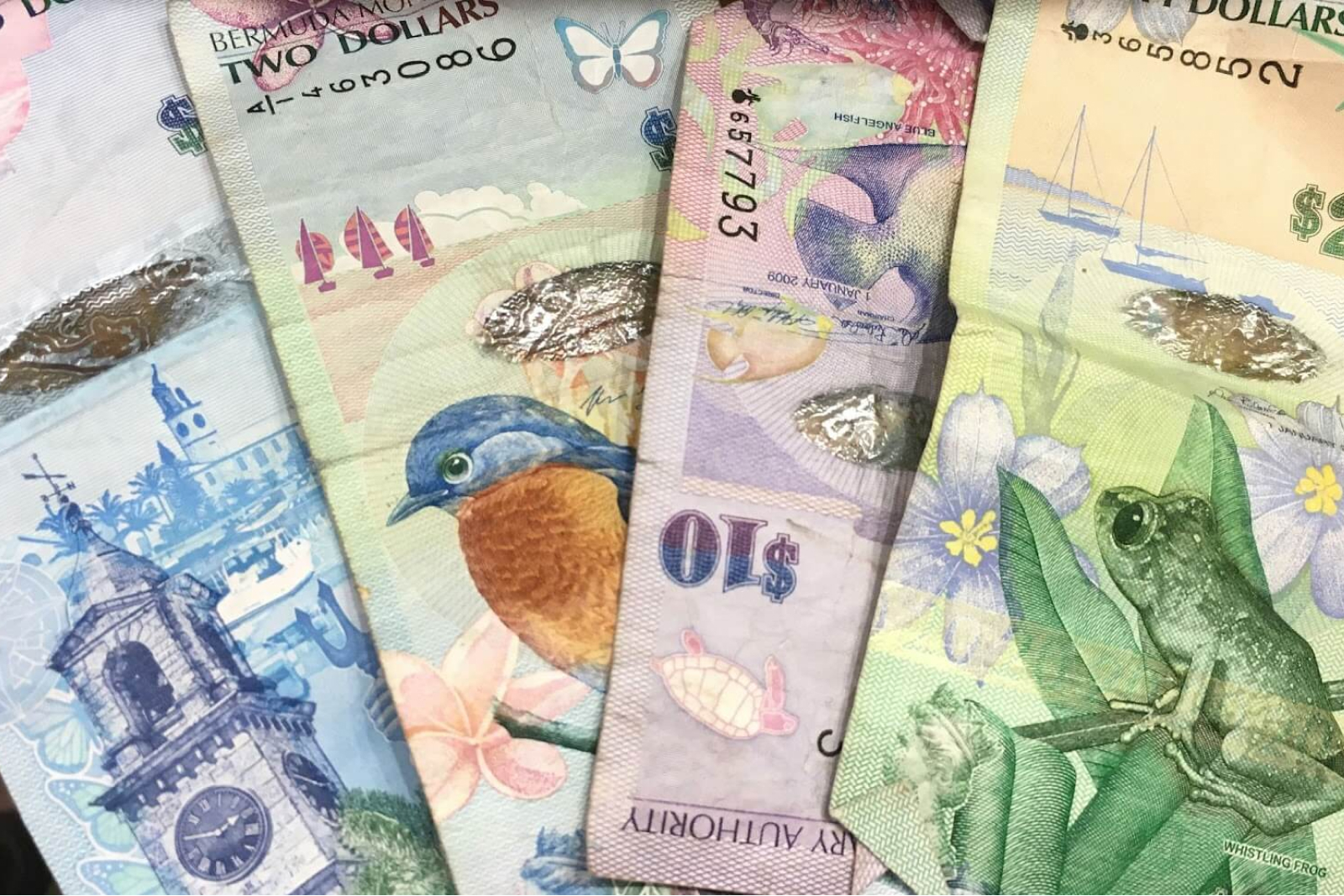Best Personal Finance Apps for 2023

Dec 08 | 2023

Best Personal Finance Apps for 2023
Photo by rupixen.com on Unsplash
It’s almost 2024, but if there’s one thing you don’t want to save until the new year it’s putting your finances in order. When it comes to tackling money goals, the best time to start is always yesterday. But these days — given our digital-first landscape and online bank accounts — financial success takes more than balancing a checkbook. But this doesn’t mean it has to be complicated. No matter your financial goals, from understanding your accounts to growing your wealth, there are many impressive personal finance apps that make it easier for everyone and anyone to understand their money.
Financial apps are powerful tools to assist us, educate us, and empower us to understand our finances better, all from the comfort of our desktops or smartphones. Get a grasp of your finances, get on track with financial goals, and set yourself up for long-term financial accomplishments.
These apps aren’t merely about tracking your expenses — though many can remove the tedium of keeping track of your card swipes and Apple pay purchases. They offer insights into your spending habits, help you plan for the future, and act as actual financial confidants. Are you planning to pay off debt? Are you saving for a dream vacation (if White Lotus is your ultimate inspiration, you’re not alone)? Invest for a secure retirement? It doesn’t matter what financial freedom looks like, personal finance apps can help you get there.
As your partners in success, these apps allow you to set specific financial goals, track your progress, and, most importantly, they absolutely hold you accountable. They offer a variety of approaches to budgeting, investing, and saving. Whether you prefer the hands-on approach of manual budgeting or the convenience of automation, there’s an app to match your style.
So, let’s take a journey through the best personal finance apps, each with its own pros and cons, so you can make the right choice for your financial future.
Mint by Intuit
First up on our list is Mint, the all-around money management system by Intuit. Mint is a classic for a reason. A name synonymous with personal finance management. Imagine having a personal financial assistant who keeps an eye on your money 24/7. It helps you manage your accounts, budget for your success, and set a spending plan for a brighter financial future.
Pros:
– Budget Tracking: Mint automatically categorizes your spending, helping you track your expenses and identify areas to cut back.
– Bill Reminders: Never miss a payment again with Mint’s bill reminder feature.
– Credit Score Monitoring: Mint provides a free credit score and monitoring service to help you stay on top of your credit health.
– Investment Tracking: It also tracks investments, so you have a holistic view of your financial portfolio.
Cons:
– Ads: Mint’s free version comes with ads, which can be a bit of a nuisance for some users.
– Limited Investment Advice: While it tracks investments, it fails to provide in-depth investment advice or portfolio analysis.
YNAB (You Need a Budget)
The YNAB budgeting approach applies the zero-based budgeting method to your finances without the hassle of doing the calculations yourself or using a complex spreadsheet. YNAB gives every dollar a job causing you to be more intentional with your money. If you simply seek a 360 overview of your spending, this is the app for you.
Pros:
– Zero-Based Budgeting: YNAB’s core philosophy is built on assigning a purpose to each dollar, leading to a more controlled and mindful approach to spending.
– Educational Resources: YNAB offers free workshops and resources to help you gain a better grasp of budgeting.
– Goal Tracking: It allows you to set financial goals and track your progress.
– Debt Paydown Support: YNAB offers features to help you get out of debt faster.
Cons:
– Subscription Model: YNAB operates on a subscription model which might deter users looking for a free option.
– Learning Curve: The zero-based budgeting system may take time to fully apprehend and implement.
Goodbudget
Goodbudget is a unique app that brings the envelope budgeting method to your digital life, making budgeting tangible and visual. Paper envelopes can be a hassle to set up and keep track of — especially now that more and more places don’t take cash. Goodbudget gives you a visual and interactive way to keep track of your money.
Pros:
– Envelope System: Goodbudget digitally replicates the envelope budgeting system, where you allocate funds to specific categories.
– Multi-Platform Support: It’s available on both web and mobile devices, making it accessible wherever you are.
– Debt Tracking: It provides features for tracking and paying off debt.
Cons:
– Limited Automation: Goodbudget relies on manual input for most transactions and budgeting, which can be time-consuming.
– Basic Reporting: The app’s reporting capabilities are not as robust as some other options.
EveryDollar
Created by financial guru Dave Ramsey, EveryDollar is a budgeting tool designed to help users take control of their money. However, Dave Ramsay’s methods are pretty controversial due to his ruthless and shame-based rhetoric. This may be best if you’re aggressively paying off debt, but not as a permanent addition to your lifestyle.
Pros:
– Zero-Based Budgeting: Like YNAB, EveryDollar encourages zero-based budgeting, ensuring every dollar has a job.
– Dave Ramsey’s Principles: The app incorporates Dave Ramsey’s financial principles and strategies.
– Debt Snowball Tracking: EveryDollar assists users in following the debt snowball method to pay off debts.
Cons:
– Cost: The full version of EveryDollar comes at a price, which may not be suitable for users seeking a free budgeting tool.
– Limited Features: It may lack some of the investment and credit tracking features present in other apps.
Cleo
Cleo is a chatbot app that uses AI to help users with budgeting and financial management. It gives you an easy-to-understand overview of your money on demand. And can even provide advice on your spending based on what your accounts are looking like. It’s ideal for Gen Z due to its casual tone and approachable interface.
Pros:
– Conversational Interface: Cleo makes budgeting more engaging and accessible through its chatbot interface.
– Expense Tracking: It tracks expenses and offers insights into your spending habits.
– Automatic Saving: Cleo can help automate your savings and set aside money for your goals.
– Bank-Level Security: It prioritizes security to protect your financial information.
Cons:
– Subscription Model: Access to Cleo Plus, the premium version, comes at a monthly cost.
– Limited Investment Features: Cleo’s primary focus is on budgeting and saving, not investment tracking.
SoFi (Social Finance)
SoFi offers a range of financial products and services, including banking, investing, loans, and more. It’s a comprehensive financial platform designed to help users take control of their financial future. You can invest, trade, bank, and save on their platform, while also keeping track of any other bank accounts.
Pros:
– Integrated Financial Services: SoFi provides a one-stop-shop for banking, investing, and borrowing.
– Robo-Advisory Services: SoFi Invest offers robo-advisory services for automated investing.
– Loan Refinancing: It’s known for student loan refinancing and personal loans with competitive rates.
– Financial Planning: SoFi offers financial planning tools and advice.
Cons:
– High Account Minimums: Some investment options have high account minimums, making them less accessible for beginners.
– Limited Banking Branches: SoFi Money accounts are online-only, which might not suit users who prefer in-person banking.
*
This is just a taste of what’s to come in the world of personal finance apps for 2023. Financial success isn’t only about the present; it’s about building a secure future. As you navigate the vast array of personal finance apps, consider your long-term financial goals. Look for apps that not only assist with budgeting and expense tracking but also offer tools for debt management, investment, and retirement planning.
From robo-advisors that handle your investments to apps that help you pay down debt more efficiently, the choices are abundant. Some even provide educational resources and workshops to develop your financial literacy.
Investing in these apps is an investment in your financial future, bringing you one step closer to financial security and achieving your dreams.










